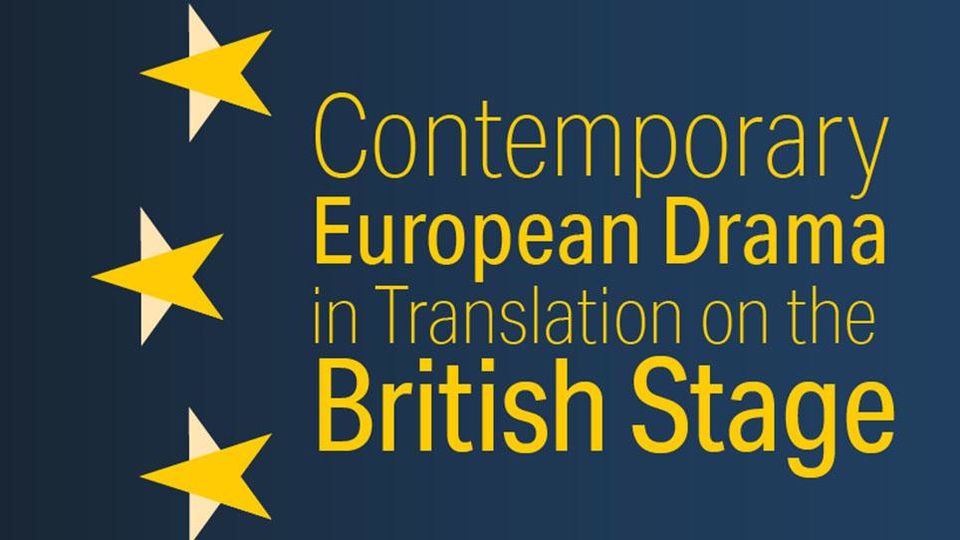About this project

Contemporary European plays in translation are a rarity on British stages. They make up less than 1% of UK theatre productions. Brexit Stage Left is a British Academy funded public engagement project examining this lack in the context of Brexit. The project brings together researchers, theatre professionals and theatre audiences to reflect on the reasons for this absence.
It included a week-long festival of readings of new European plays at The Yard in January 2019, attended by over 400 audience members. The festival included work by the playwrights Beniamin M. Bukowski (Poland), Gianina Carbunariu (Romania), Eve Leigh (UK), Maria Milisavljevic (Germany), Aleksa Okanovic (Denmark), Fausto Paravidino (Italy), Frederic Sonntag (France), and Saara Turunen (Finland). The festival also included post-show discussions and a D&D Ally open space event where audience members could share their own questions in relation to the lack of European plays on UK stages and model possible solutions.
The project also involved a two-day conference at the Royal Central School of Speech and Drama exploring why there are so few contemporary European plays in translation produced on British stages. What are the barriers to the import of European drama? How might we need to reconsider our attitudes to our relationship to Europe and the idea of Europeanness in the run-up to Brexit? The conference featured contributions from academics who are specialists in this field, alongside artists and arts organisations including Arts Council England, Creative Europe/British Council, the Goethe Institut, Fabulamundi, The Gate and ATC.
Further details about the project were found on the New Plays from Europe website, together with blogs, podcasts and videos exploring the reasons for the lack of contemporary European plays on UK stages.
This project is supported by the British Academy, Arts Council England, Royal Central School of Speech and Drama, the Goethe Institut and Eurodram.
